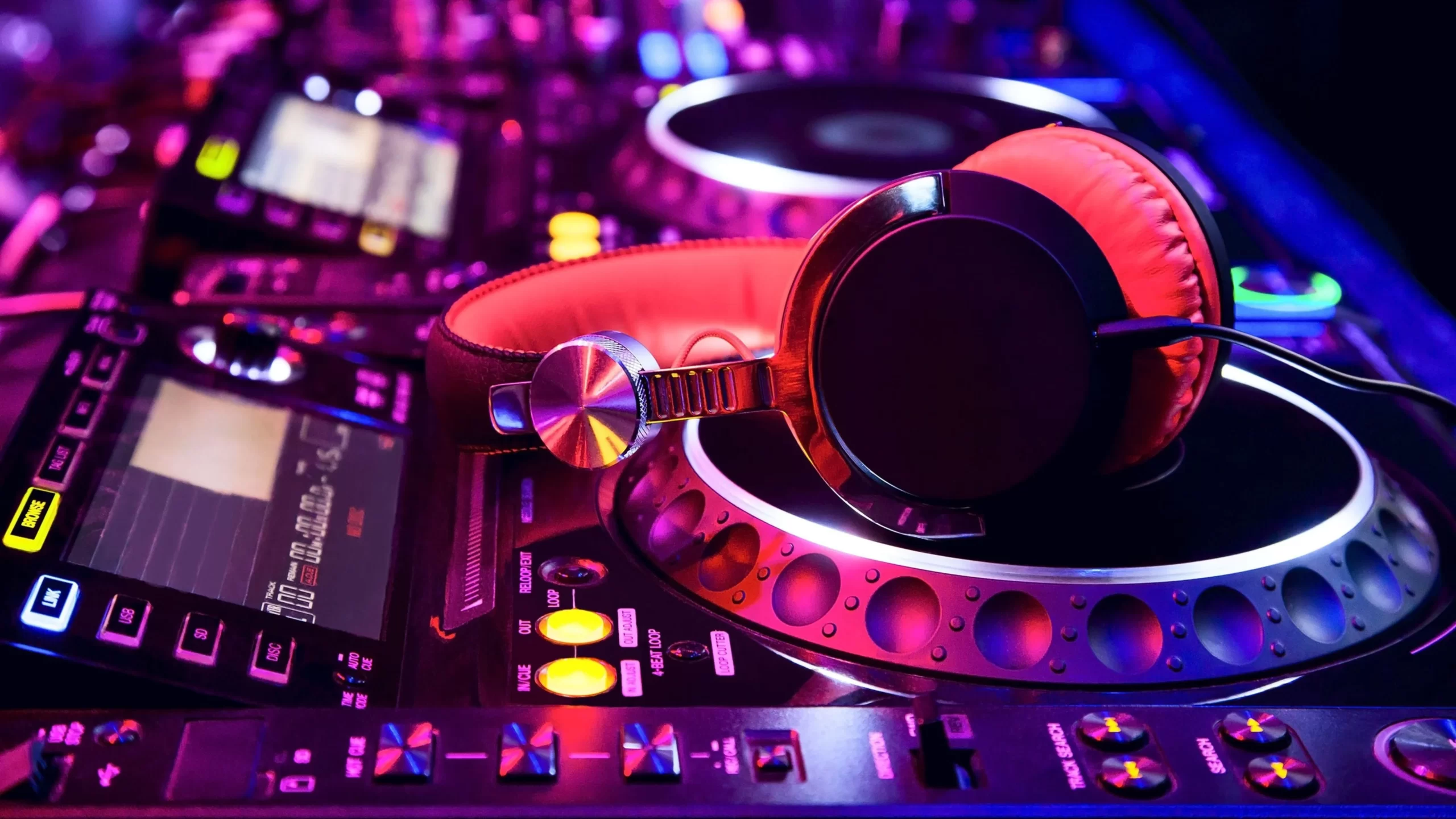Music, an ethereal art form that transcends language and culture, holds the power to evoke emotions, connect individuals, and shape societies. From ancient melodies that resonated through time to modern compositions that fill concert halls and digital platforms, the realm of music is a harmonious tapestry woven with threads of creativity, expression, and innovation.
At its core, music is a universal language that speaks to the human soul. It taps into our emotions, igniting feelings of joy, sorrow, nostalgia, and excitement. Whether it’s the triumphant notes of a brass fanfare or the gentle strumming of an acoustic guitar, music has an uncanny ability to communicate emotions that often elude words. It’s as if music is a direct conduit to our innermost feelings, allowing us to experience a range of sentiments in a way that words alone cannot accomplish.
From the dawn of civilization, music has been an integral part of human culture. Ancient civilizations, such as the Greeks and Egyptians, recognized the profound impact of music on human psychology and society. Music was intertwined with religious rituals, used to celebrate victories, and employed to tell stories of heroic deeds and legendary figures. These early musical traditions laid the foundation for the diverse musical landscape we enjoy today.
The evolution of music over centuries is a testament to human ingenuity and creativity. Different cultures across the globe developed their own unique musical styles, instruments, and scales. Whether it’s the intricate sitar melodies of India, the soul-stirring chants of Gregorian plainsong, or the rhythmic beats of African drum ensembles, every culture’s music offers a glimpse into their history, values, and way of life.
With the advent of technology, music experienced a seismic shift in how it’s created, distributed, and consumed. The invention of musical notation in the Middle Ages revolutionized the preservation of musical ideas, allowing composers to document their creations in a tangible form. As time progressed, advancements like the printing press, phonograph, and radio further transformed the music industry, making it accessible to a wider audience.
The 20th century witnessed an explosion of musical genres, pushing the boundaries of what music could be. Jazz emerged with its improvisational brilliance, reflecting the vibrant spirit of the Roaring Twenties. The blues conveyed the heartache and struggles of a generation, while rock and roll challenged societal norms and gave voice to the rebellious youth. The rise of electronic music brought forth new possibilities of sound manipulation, giving birth to genres like techno, house, and trance.
In recent decades, the digital age revolutionized the way we create, share, and experience music. The internet transformed the music industry, enabling independent artists to reach a global audience without the need for traditional record labels. Platforms like YouTube, Spotify, and SoundCloud became launchpads for emerging musicians, democratizing the process of music distribution.
The act of creating music is a deeply personal journey that requires both technical skill and artistic expression. Musicians pour their emotions, experiences, and thoughts into their compositions, producing works that resonate with listeners on a profound level. The collaboration between composers, lyricists, and performers results in a synergy that brings melodies and lyrics to life, leaving an indelible mark on culture.
Live performances stand as a testament to the raw energy and connection that music fosters. Whether it’s an intimate acoustic set in a cozy café or a grand orchestral performance in a majestic concert hall, the experience of witnessing music being brought to life in real-time is unparalleled. The palpable exchange of emotions between artists and their audience creates an atmosphere that is both electrifying and unifying.
Moreover, music has the power to inspire social change and raise awareness about important issues. Throughout history, musicians have used their art to convey messages of peace, justice, and unity. Songs like Bob Dylan’s “Blowin’ in the Wind” and Marvin Gaye’s “What’s Going On” became anthems for social activism, urging society to reflect on its values and take action.
In conclusion, music is a timeless art form that transcends boundaries and speaks to the essence of human experience. It is a universal language that communicates emotions, preserves cultures, and connects generations. From ancient rituals to modern digital compositions, the evolution of music mirrors the evolution of society itself. As technology continues to shape the landscape of music, one thing remains constant: the profound impact that music has on our hearts, minds, and souls. So, let us continue to cherish the harmonious tapestry of music and allow its melodies to guide us through the ever-changing symphony of life.

